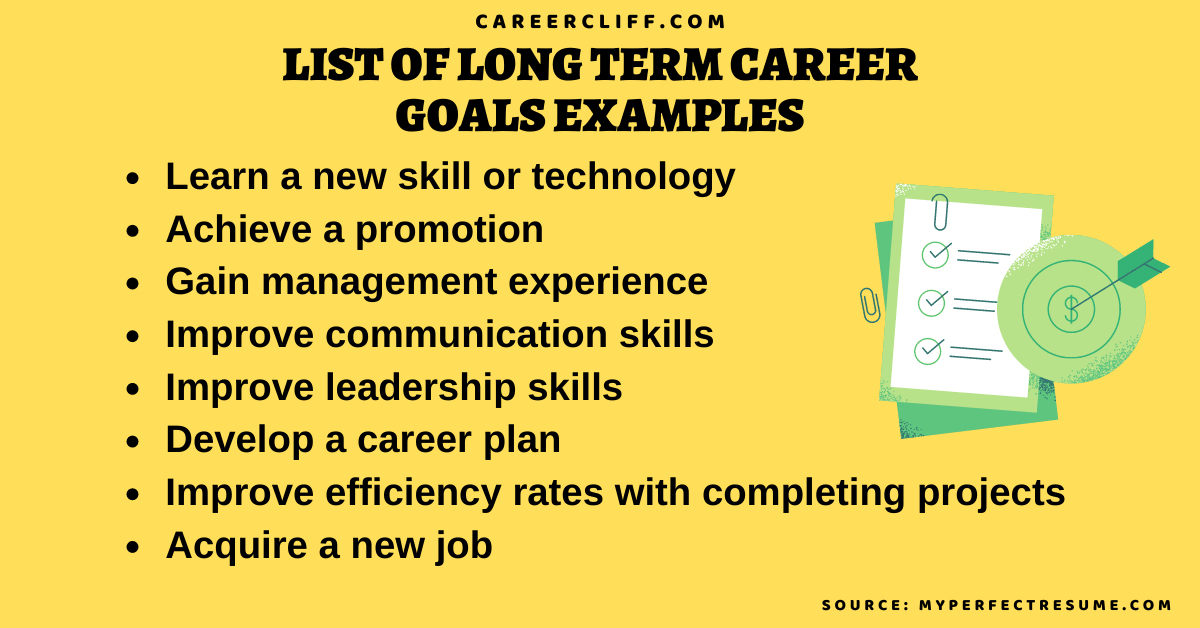[Why Safe Play in Career Choice Can Be the Most Unsafe Approach to a Long-Term Career?]

Executive Summary

The prevailing belief that opting for so-called “safe” career choices is the wisest path to long-term career success is a dangerous misconception. This assumption overlooks the dynamic nature of the modern labor market and the importance of pursuing careers that align with one’s passions and aspirations. By prioritizing stability over fulfillment, individuals may unknowingly hinder their professional growth and career satisfaction.

Introduction
Career decisions are pivotal in shaping our lives, influencing our financial well-being, personal fulfillment, and overall happiness. However, the allure of stability often leads us to settle for “safe” career choices that promise a steady income but fail to inspire or challenge us. This article aims to debunk the myth of safe play and demonstrate why it can be detrimental to long-term career success.
FAQs
1. What is considered a “safe” career choice?
Traditionally, careers in fields such as medicine, law, engineering, and finance have been viewed as “safe” due to their high earning potential and perceived stability. However, job security is no longer guaranteed in any profession, and even these once-stable industries are facing disruption and uncertainty.
2. Why is safe play unsafe in the long run?
Pursuing a career without passion can lead to stagnation, boredom, and decreased productivity. Moreover, if a safe career choice no longer aligns with one’s interests or ambitions, it can be difficult to leave and explore other options later in life.
3. What should I do instead of playing it safe?
Identify your passions, skills, and values. Research careers that align with them, even if they may not be considered “safe.” Network with professionals in your field of interest, gain hands-on experience, and invest in continuous education.
Top 5 Subtopics
1. Passion and Fulfillment**
Passion ignites our drive, creativity, and willingness to go the extra mile. When you love what you do, work doesn’t feel like a chore. Fulfillment comes from pursuing a career that aligns with your values and gives you a sense of purpose.
- Benefits of pursuing a passion: Increased motivation, job satisfaction, higher productivity
- Risks of ignoring passion: Stagnation, boredom, decreased motivation
- Tips for finding your passion: Introspection, career exploration, networking
2. Market Disruption**
The labor market is constantly evolving, and even the most stable industries are not immune to disruption. Automation, technological advancements, and globalization have created new challenges and opportunities.
- Causes of market disruption: Technological innovation, globalization, economic shifts
- Impact on careers: Job displacement, skill obsolescence, increased competition
- Strategies for staying ahead: Continuous learning, adaptability, developing in-demand skills
3. Career Longevity**
Career longevity is no longer determined by seniority or tenure. Instead, it is driven by skills, adaptability, and continuous personal development.
- Factors influencing career longevity: Skills and knowledge, adaptability, networking, lifelong learning
- Benefits of a long-term career: Increased job security, higher earning potential, personal fulfillment
- Strategies for career longevity: Invest in education, embrace change, build a strong network
4. Job Security**
Job security is a myth. No job is 100% secure, and even the best-paying careers can be affected by economic downturns or corporate restructuring.
- Reasons for job insecurity: Economic fluctuations, corporate restructuring, technological advancements
- Impacts of job insecurity: Stress, anxiety, decreased productivity
- Strategies for managing job insecurity: Diversifying skills, building a network, developing a backup plan
5. Personal Well-being**
A career that doesn’t fulfill us can negatively impact our mental and physical health. Pursuing a career that aligns with our passions and values can enhance our overall well-being.
- Benefits of a fulfilling career: Reduced stress, increased job satisfaction, improved mental health
- Risks of an unfulfilling career: Burnout, depression, decreased self-esteem
- Strategies for prioritizing personal well-being: Setting boundaries, taking breaks, seeking support
Conclusion
The notion of safe play in career choice is an outdated and potentially damaging approach to long-term career success. By prioritizing stability over fulfillment, we limit our potential for growth, happiness, and career longevity. Instead, we should embrace our passions, develop adaptable skills, and invest in continuous learning to navigate the dynamic and evolving labor market. Remember, a career is a journey, not a destination, and it should be one that aligns with our values and aspirations.
Keyword Tags
- Career Choice
- Long-Term Career Success
- Passion and Fulfillment
- Market Disruption
- Career Longevity






